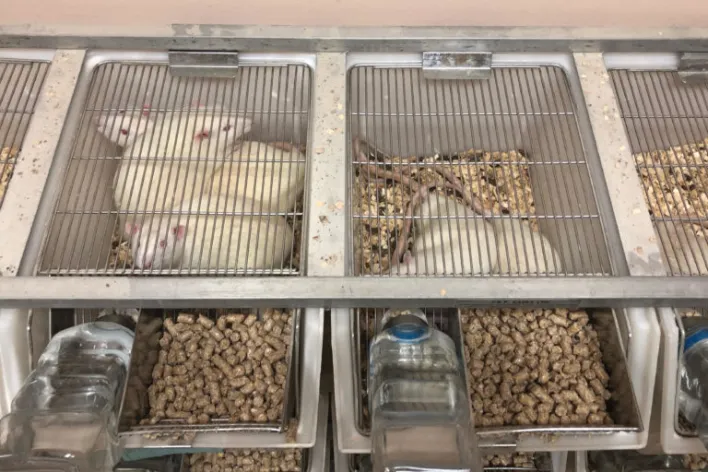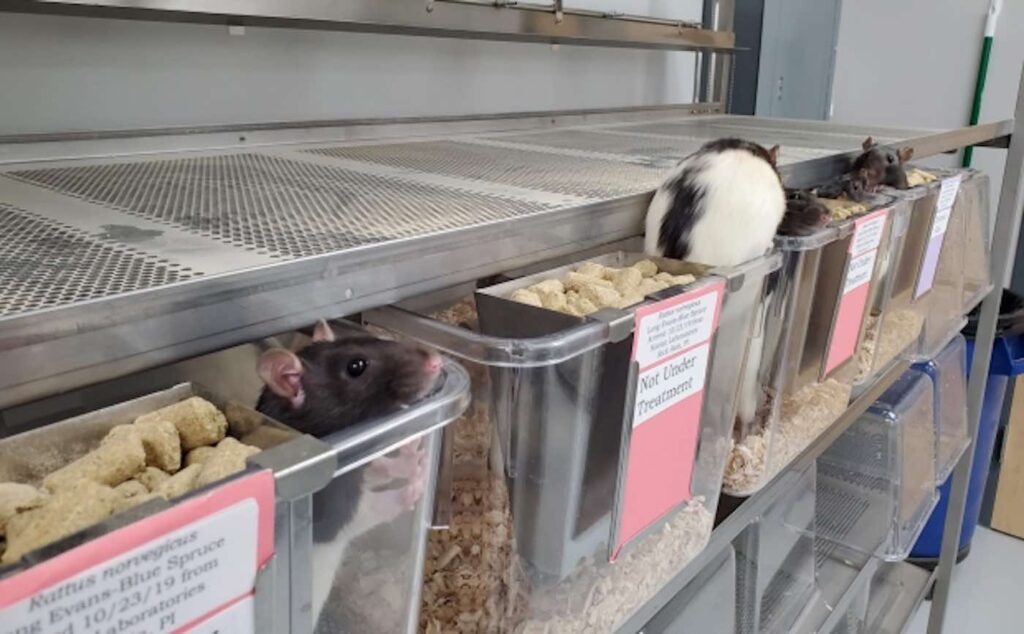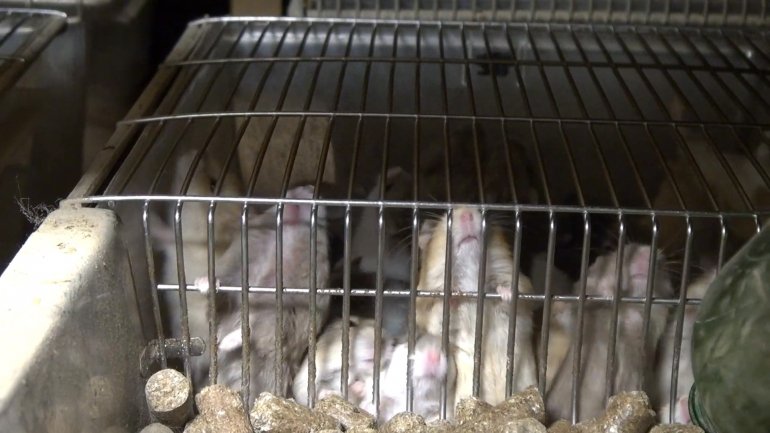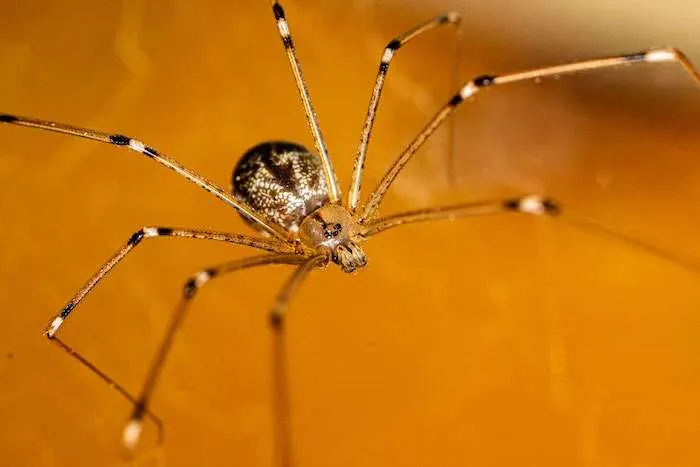Pets at Home, a UK-based pet store chain, has a strict policy against euthanizing healthy animals due to being unsold. Instead, they work with animal welfare organizations and rescue groups to find suitable homes for any unsold pets.
Pets at Home typically operates in adherence to strict animal welfare guidelines and has partnerships with various animal charities and shelters. They often have adoption centers within their stores where they collaborate with rescue groups to rehome animals. If any animals remain unsold, they will continue to work with these partners to ensure that the pets find suitable and loving homes.
What are Pets at Home’s animal welfare policies?

Pets at Home, a leading pet supplies retailer in the United Kingdom, had several animal welfare policies and commitments in place. These policies aimed to ensure the well-being of animals sold in their stores and promote responsible pet ownership. Some of their key animal welfare policies included:
Animal Welfare Commitment
Pets at Home was committed to promoting the welfare of all animals in their care. They pledged to provide appropriate environments, nutrition, and healthcare for the animals they sold.
Ethical Sourcing
They claimed to work with reputable breeders and suppliers who adhered to high welfare standards. Pets at Home stated they conducted regular checks and audits to ensure that their suppliers met these standards.
Staff Training
The company provided extensive training to its staff to ensure they had the knowledge and expertise to care for the animals in their stores properly. This training encompassed proper handling, feeding, and overall animal care.
Healthcare Services
Pets at Home offered veterinary services in some of their stores, providing health checks and advice for pet owners. They encouraged responsible pet ownership by offering information on pet health, diet, and general care.
Rescue and Adoption
They partnered with local animal shelters and rescue organizations, facilitating pet adoption events in some of their stores to help rehome animals in need.
Community Engagement
Pets at Home promoted responsible pet ownership through educational initiatives and community engagement. They often provided resources and advice on pet care and well-being.
How does Pets at Home collaborate with rescue groups?
Pets at Home had various collaborations and initiatives with rescue groups aimed at supporting pet adoption and rehoming efforts. These collaborations typically included the following:
In-store Adoption Events
Pets at Home stores often hosted adoption events in partnership with local animal shelters and rescue organizations. During these events, rescue groups brought animals available for adoption into the store, providing an opportunity for potential pet owners to meet and interact with the animals.
Space for Adoption
Some Pets at Home stores allocated space within their premises for rescue groups to showcase animals available for adoption. This provided visibility to the animals and increased the chances of them finding new homes.
Promotion and Support
The company promoted these adoption events and partnerships through their website, social media channels, and in-store promotions. By doing so, they aimed to raise awareness about pet adoption and encourage responsible pet ownership.
Fundraising and Donation Support
Pets at Home often supported rescue groups through fundraising initiatives, where a portion of sales or specific products’ proceeds were donated to these organizations. Additionally, they might provide financial or in-kind support to aid the rescue groups in their efforts.
Educational Initiatives
The company sometimes organized educational events or workshops in collaboration with rescue groups. These events focused on topics such as responsible pet ownership, animal welfare, and proper pet care.
What procedures do Pets at Home follow for unsold animals?

Pets at Home, a prominent pet supplies retailer in the United Kingdom, upholds stringent procedures and policies regarding the handling of unsold animals within their stores. Committed to ensuring the welfare of every animal in their care, Pets at Home follows specific protocols for those that remain unsold. These procedures encompass several avenues, including a potential return to reputable suppliers or breeders in adherence to agreed-upon arrangements. In cases where animals aren’t sold, the company prioritizes their care within the store environment, ensuring proper housing, nutrition, and access to veterinary attention when necessary.
Furthermore, Pets at Home actively seeks alternative solutions for unsold animals by collaborating with local shelters or rescue organizations to facilitate rehoming opportunities. This approach reflects the company’s dedication to responsible animal care and their efforts to prevent overcrowding or overstocking within their premises.
FAQ’s
Are hamsters cheap pets?
Hamsters are generally affordable pets to purchase initially, but ongoing expenses for their care, such as housing, bedding, food, and veterinary care, should be considered.
How old are hamsters when you buy them from the pet store?
Hamsters are typically around 4-8 weeks old when sold in pet stores, although this can vary depending on the individual store’s practices.
Is it safe to buy a hamster?
Yes, it’s generally safe to buy a hamster from a reputable pet store or breeder. Ensure they appear healthy, have clean surroundings, and are active before purchasing.
Is a hamster a friendly pet?
Hamsters can be friendly with proper handling and socialization, but their friendliness varies by individual personality. Some may be more prone to biting or being timid.
Do hamsters recognize their owners?
Hamsters can bond with their owners and may recognize them through scent and sound, but their recognition abilities might not be as pronounced as some other pets.
Are hamsters smelly pets?
Hamsters themselves don’t usually have a strong odor, but their cages require regular cleaning to prevent any buildup of odor from urine or feces. Proper cage maintenance can minimize smells.
Final Words
Pets at Home takes good care of animals in their stores, even those that aren’t sold. They have rules in place to make sure these animals are safe, healthy, and well looked after. If the animals don’t find homes, they work with other places that help animals to find them new families.
Pets at Home cares about making sure all animals in their care are treated well, showing their commitment to animal welfare.











